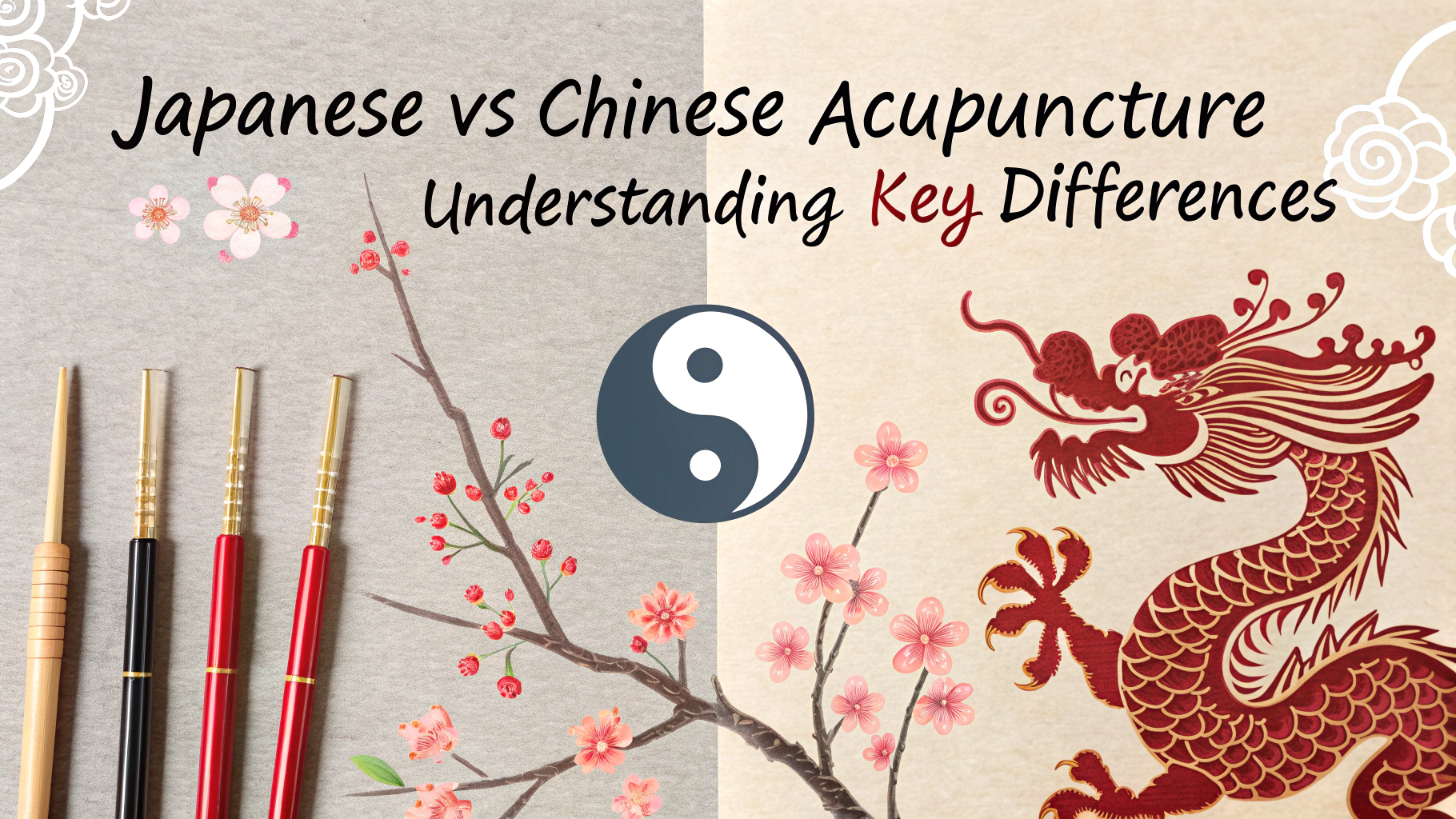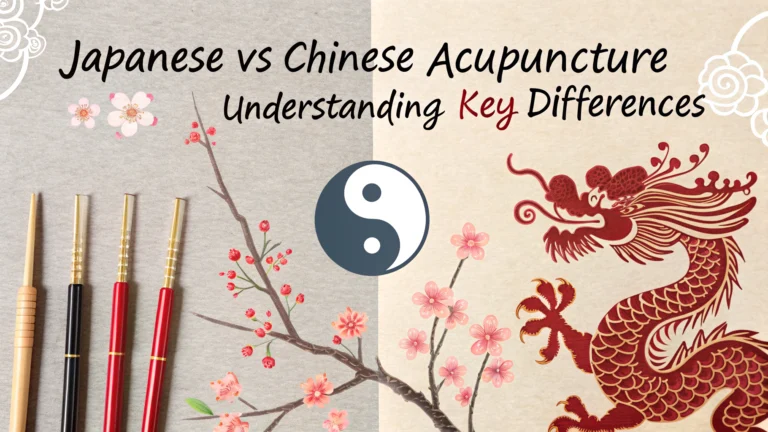Acupuncture offers a natural, time-tested approach for managing vertigo and its associated symptoms, including dizziness, nausea, and balance issues.
Traditional Chinese Medicine (TCM) practitioners have used specific acupuncture points for centuries to address the root causes of vertigo, whether stemming from inner ear problems, neck tension, or other underlying conditions.
Research shows that targeted acupuncture treatments can help regulate the vestibular system and reduce vertigo episodes in many patients.
Key Acupuncture Points for Vertigo
- GB20 (Feng Chi) – Located at the base of the skull
- KI3 (Tai Xi) – Found behind the inner ankle
- LI4 (He Gu) – Situated between thumb and index finger
- ST36 (Zu San Li) – Located below the knee
- PC6 (Nei Guan) – Located on inner forearm
What to Expect During Treatment
Each acupuncture session typically lasts 30-60 minutes.
Your practitioner will insert thin, sterile needles into specific points while you lie comfortably on a treatment table.
Most patients need 6-10 sessions for optimal results.
Benefits of Acupuncture for Vertigo
- Reduces frequency and intensity of vertigo episodes
- Improves balance and spatial orientation
- Decreases associated nausea and dizziness
- Helps manage anxiety related to vertigo
- Supports overall nervous system function
Finding a Qualified Practitioner
Look for practitioners certified by the National Certification Commission for Acupuncture and Oriental Medicine (NCCAOM).
Contact your state’s acupuncture board for licensed practitioners in your area.
Schedule a consultation to discuss your specific vertigo symptoms and treatment plan.
Self-Care Between Sessions
- Apply gentle pressure to PC6 point for nausea relief
- Practice recommended breathing exercises
- Maintain good sleep habits
- Stay hydrated
- Follow your practitioner’s dietary recommendations
When to Seek Treatment
Consider Acupuncture If You Have:
Consult Doctor First If You Have:
Occasional vertigo episodes
Severe, sudden vertigo
Mild dizziness
Loss of consciousness
Motion sickness
Stroke symptoms
Next Steps for Vertigo Relief
Research shows that combining acupuncture with conventional treatments can provide enhanced relief from vertigo symptoms.
Contact a licensed acupuncturist to schedule an initial consultation and develop a personalized treatment plan.
Consider keeping a symptom diary to track your progress throughout the treatment course.
Complementary Therapies
Combining acupuncture with other natural therapies can enhance treatment outcomes for vertigo patients.
- Tai Chi for balance improvement
- Gentle yoga poses
- Meditation for stress reduction
- Ginger tea for nausea management
- Essential oil aromatherapy
Lifestyle Modifications
Supporting your acupuncture treatment with healthy lifestyle choices can lead to better results:
- Regular sleep schedule
- Balanced diet rich in B vitamins
- Limited caffeine and alcohol
- Regular gentle exercise
- Stress management techniques
Insurance and Cost Considerations
Many insurance providers now cover acupuncture treatments for vertigo management.
- Check your insurance policy for coverage details
- Ask about payment plans
- Consider FSA/HSA options
- Inquire about package pricing
Your Path to Balance and Wellness
Acupuncture offers a safe, effective approach to managing vertigo symptoms when performed by qualified practitioners.
Regular treatments combined with self-care practices can lead to significant improvement in quality of life for vertigo sufferers.
Take the first step by consulting with a licensed acupuncturist to develop a personalized treatment strategy that addresses your specific symptoms and health goals.
FAQs
- How does acupuncture help with vertigo?
Acupuncture helps vertigo by stimulating specific points that regulate the vestibular system, improve blood flow to the brain, and restore balance in the body’s energy pathways. - How many acupuncture sessions are typically needed for vertigo treatment?
Most patients require 6-8 sessions initially, with treatments scheduled 1-2 times per week. Some patients may see improvement after 3-4 sessions. - What are the most effective acupuncture points for treating vertigo?
Common points include GB20 (Feng Chi), KI3 (Tai Xi), GB43 (Xia Xi), and PC6 (Nei Guan), which specifically target balance and dizziness symptoms. - Is acupuncture effective for all types of vertigo?
Acupuncture is particularly effective for BPPV (Benign Paroxysmal Positional Vertigo) and vestibular vertigo, but may be less effective for vertigo caused by certain medical conditions. - Are there any side effects of acupuncture treatment for vertigo?
Side effects are typically minimal but may include minor bruising, temporary dizziness after treatment, and slight soreness at needle insertion points. - Can acupuncture be combined with other vertigo treatments?
Yes, acupuncture can safely complement conventional medical treatments, vestibular rehabilitation, and medications for vertigo. - How long does each acupuncture session for vertigo last?
Typical sessions last 30-45 minutes, with needles remaining in place for 20-30 minutes after insertion. - How soon can patients expect relief from vertigo symptoms after acupuncture?
Some patients experience immediate relief, while others may need 3-5 sessions before noticing significant improvement. Results vary by individual. - Is acupuncture for vertigo covered by insurance?
Coverage varies by insurance provider and policy. Many insurance companies now cover acupuncture treatment when medically necessary. - What should patients do before an acupuncture session for vertigo?
Eat a light meal, avoid alcohol and caffeine, wear loose clothing, and inform the practitioner about any medications being taken.
Author: AcupunctureMy
Related Posts
Acupuncture Research Standards
Research Corner
|
methodology, science
Research standards in acupuncture have evolved significantly over the past decades to ensure reliable, evidence-based results that can be replicated across different studies. The integration of modern scientific methods with ... Read more
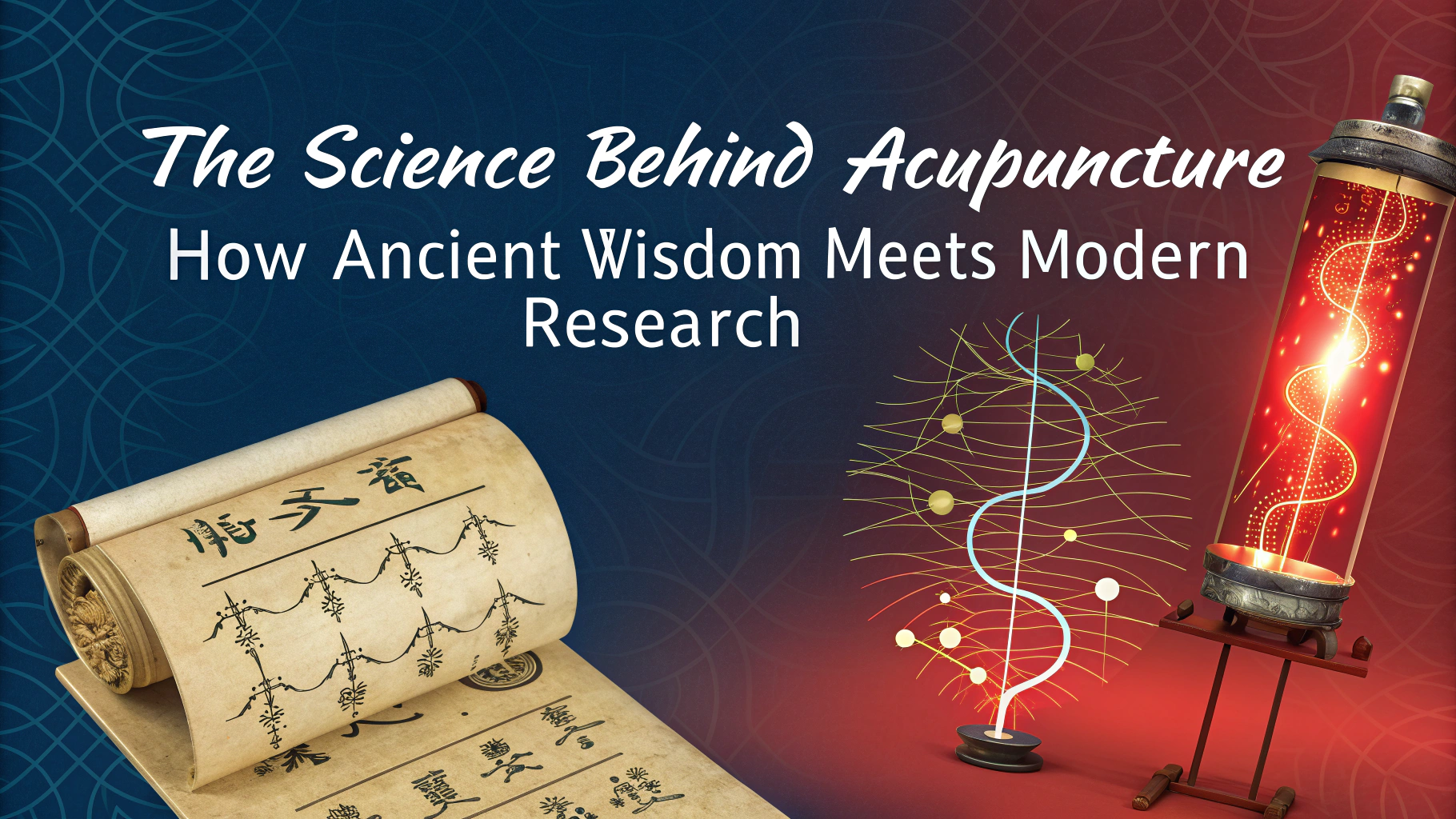
Understanding Treatment Duration
Treatment Guides
|
expectations, planning
The length of an acupuncture treatment plan varies significantly based on individual health conditions and treatment goals. A typical acupuncture session lasts between 30-60 minutes, with the needles remaining in ... Read more
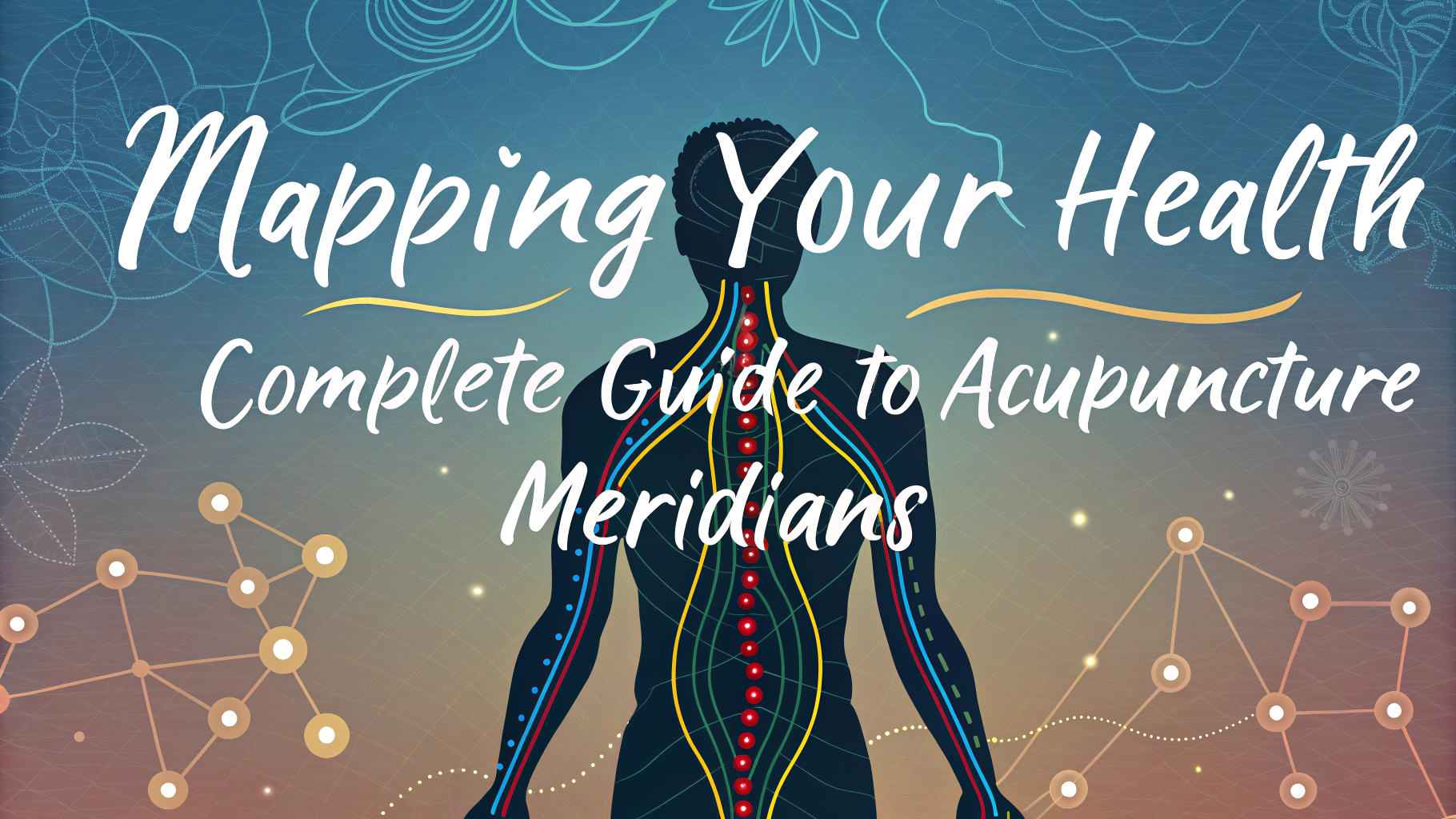
Traditional Chinese Medicine Weather Theory
Fundamentals
|
environment, health
Traditional Chinese Medicine (TCM) recognizes intricate connections between weather patterns and human health, developing sophisticated frameworks for understanding these relationships over thousands of years. Weather changes can significantly impact our ... Read more
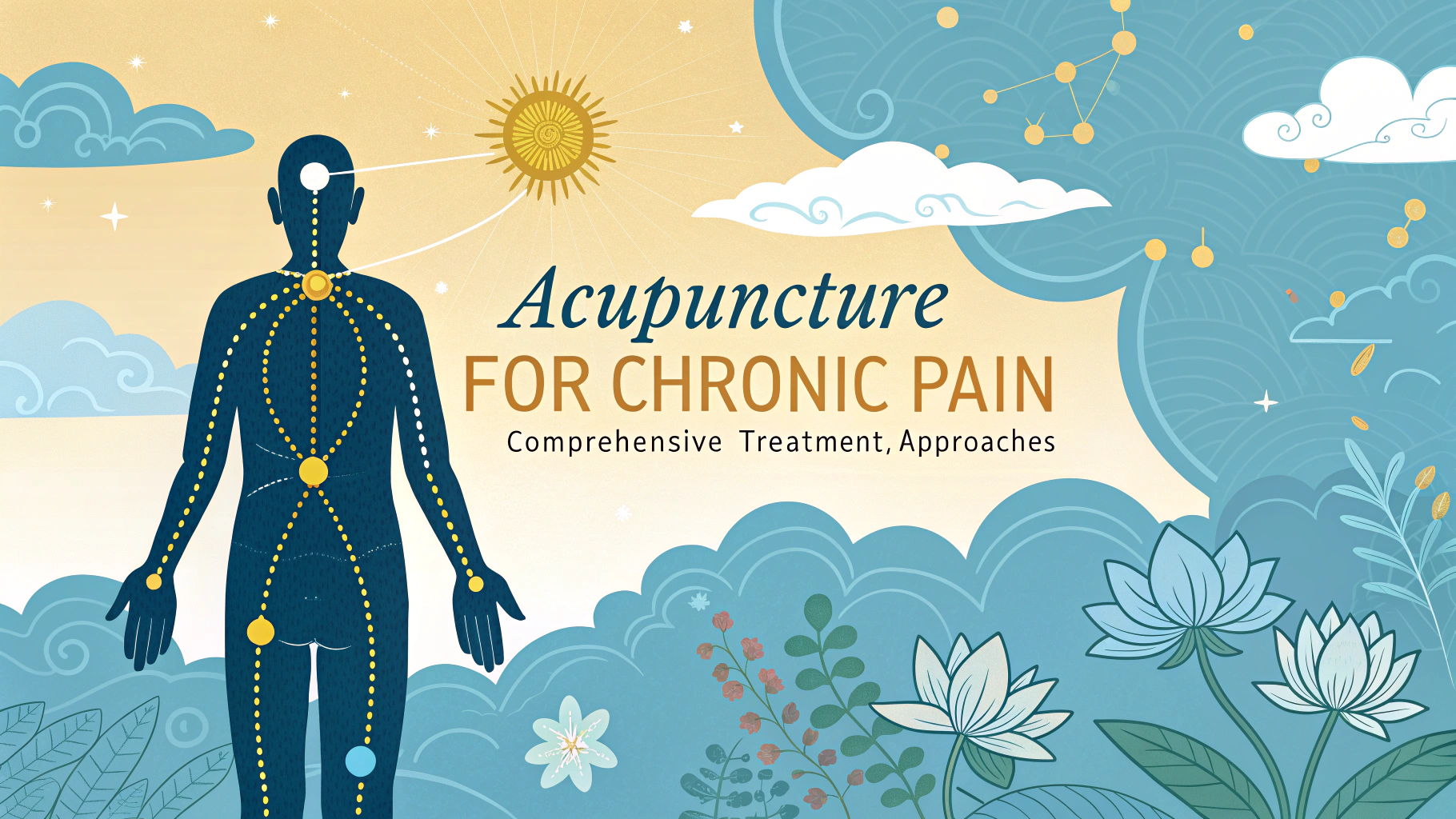
Acupuncture for Sinus Health
Conditions Treated
|
allergies, respiratory
Acupuncture offers a time-tested approach to managing sinus problems by targeting specific pressure points that can help relieve congestion, reduce inflammation, and restore proper sinus function. Traditional Chinese Medicine views ... Read more
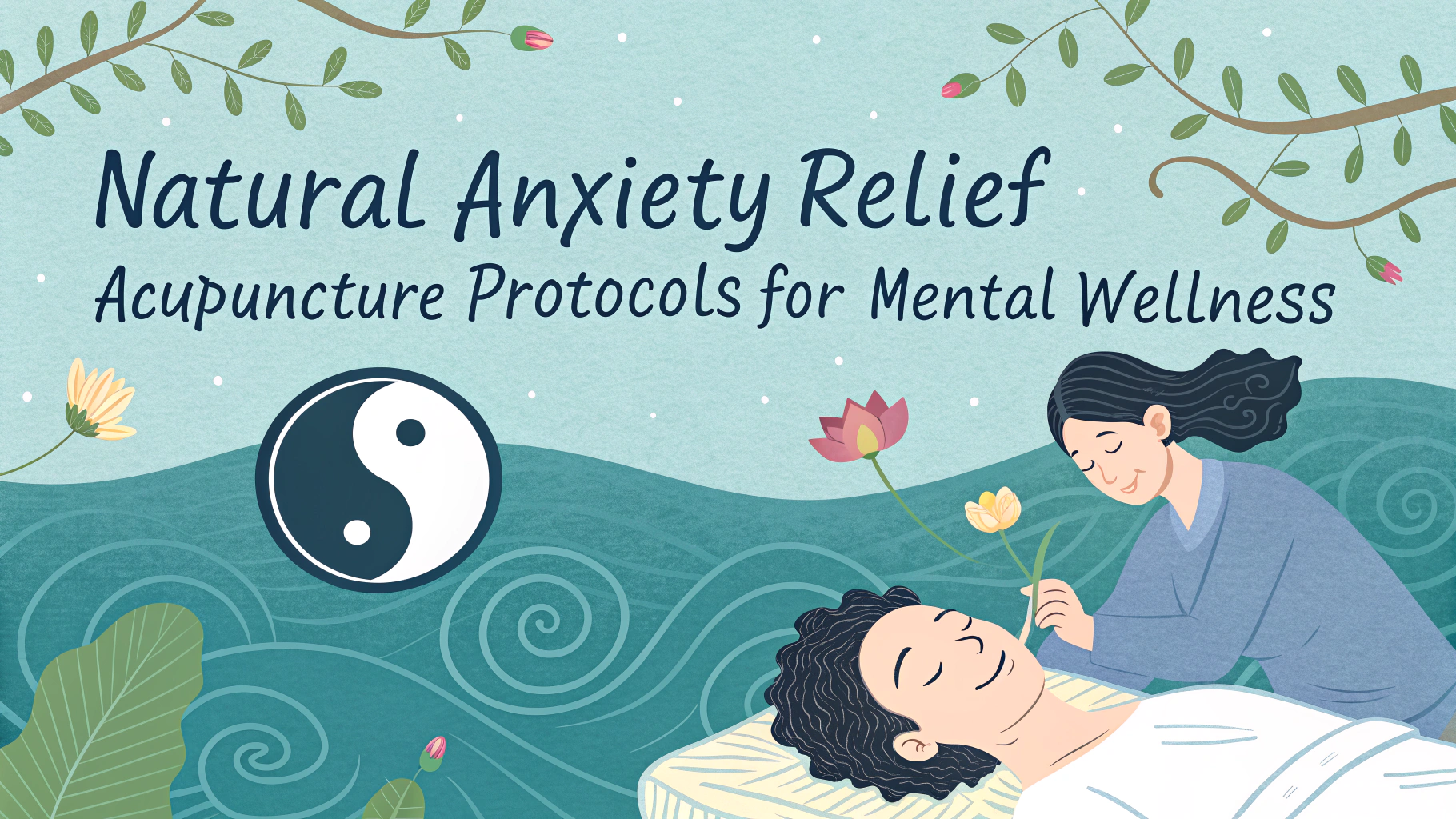
Understanding Point Selection
Fundamentals
|
technique, theory
Point selection stands as one of the most important aspects of effective acupuncture treatment. Skilled practitioners combine traditional wisdom with modern understanding to identify the optimal points for each patient’s ... Read more

Treating Computer-Related Pain
Conditions Treated
|
ergonomics, pain
Computer-related pain affects millions of people who spend long hours working at their desks. Acupuncture offers a natural, effective treatment option for various musculoskeletal issues that develop from prolonged computer ... Read more
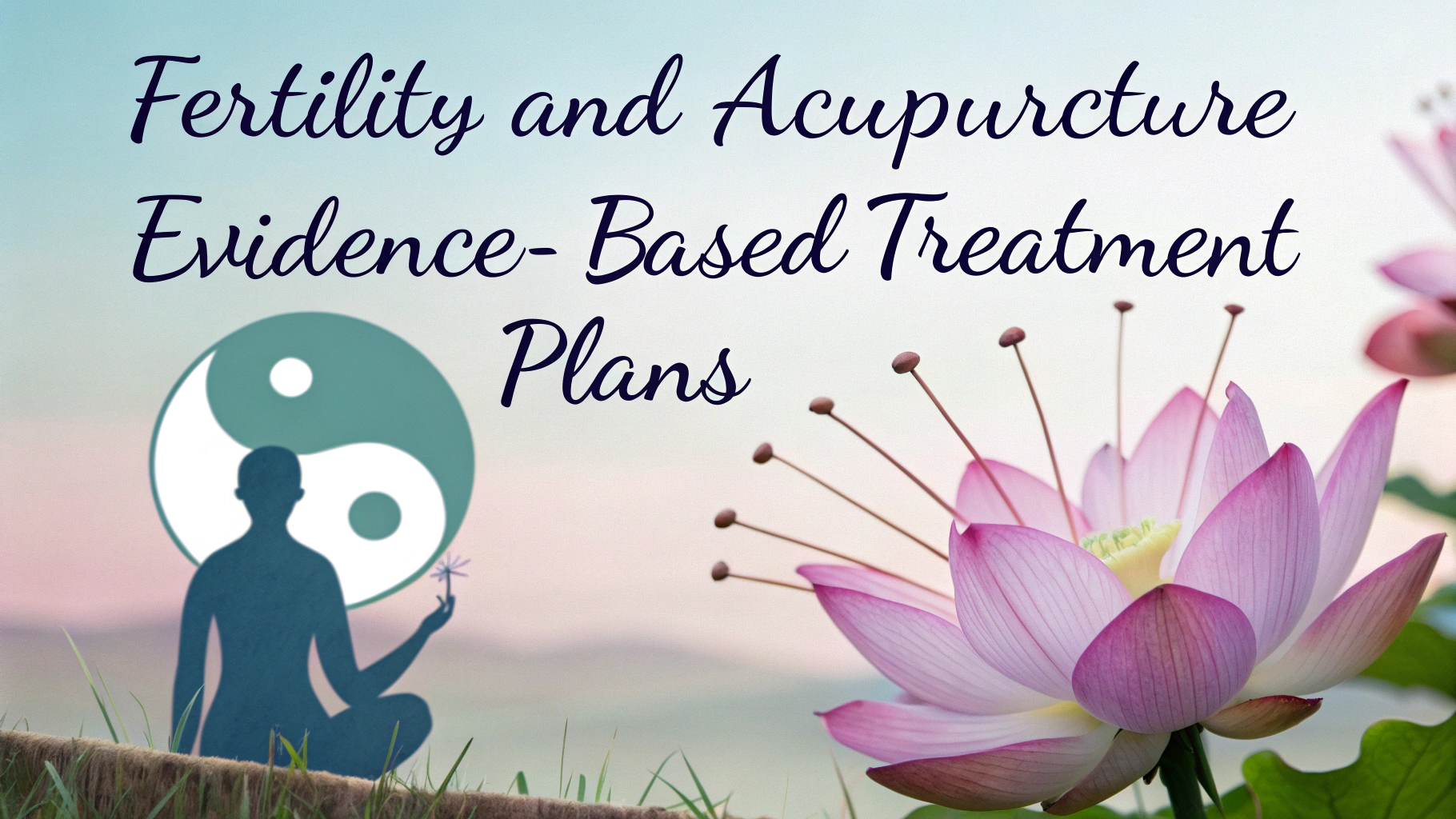
Acupuncture for Lymphatic Health
Conditions Treated
|
circulation, immunity
Acupuncture offers a time-tested approach to supporting lymphatic health through strategic needle placement and gentle stimulation techniques. This ancient Chinese medicine practice helps activate lymph flow, reduce swelling, and enhance ... Read more
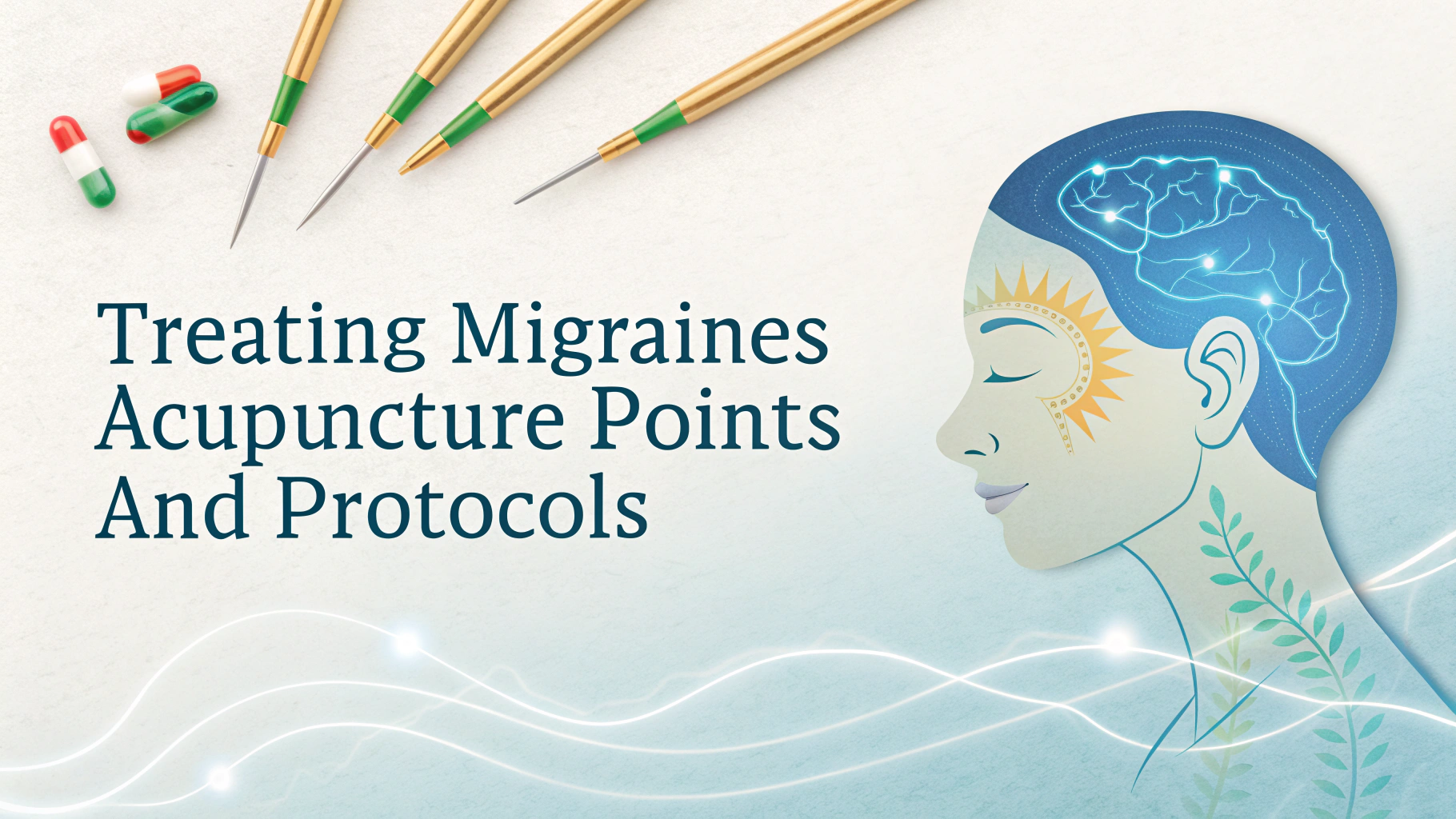
Understanding Treatment Intervals
Treatment Guides
|
frequency, scheduling
Treatment intervals for acupuncture can significantly impact the effectiveness of your healing journey. The frequency of acupuncture sessions depends on your specific health condition, severity of symptoms, and overall treatment ... Read more
